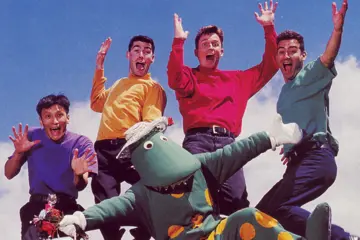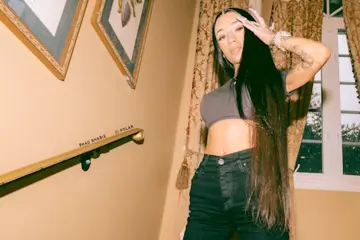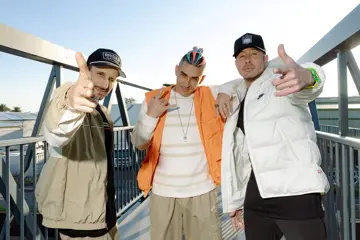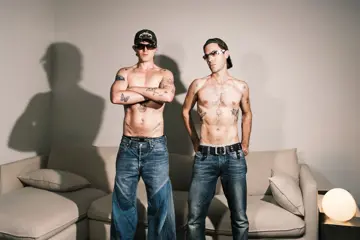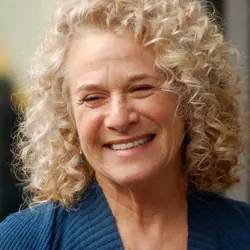 Carole King
Carole KingWatching once legendary performers emerge from a hiatus and return to the stage is like taking a good, hard look at our own reflections in the mirror: the anticipation may not always match the reality. There is no denying that Carole King fits the 'legend' bill – her famous ballads Will You Love Me Tomorrow, (You Make Me Feel Like) A Natural Woman, and It's Too Late at least in part define the early-'70s. The innocence, pure exhilaration and sobering heartbreak of love instantly pull tender heartstrings in many a baby boomer's bosom to reawaken daydreams of yesteryear.
She emerges warmly – a sweeter doppelganger of Glenn Close – and seats herself at the glossy black grand piano at centre stage. Spotlights are trained exclusively on her whilst her band and two female back-up singers remain largely in the dark background. The round, oblique lilt is replaced by gravelly, husky vocals, and all at once the image of youth revisited starts to slip away. Her voice always had a slight steely quality in the past, but time has pronounced it to the point of mild harshness. Despite this, she manages to hold some demanding tunes admirably, like when she is channelling her inner Freddie Scott baritones for Hey Girl, a song she co-wrote with her former husband Gerry Goffin that Scott made famous. She misses notes on several occasions but, recognising her limits, she strategically employs the voluptuous vocals of her back-up singers to extend or rein in the notes she can no longer reach. I Feel The Earth Move and A Natural Woman are sustained purely by their efforts. She fares better with the slower, smooth songs like So Far Away and City Streets. Photos of her younger self are plastered on the screen behind throughout the evening as a nod to history, but teamed with the immediate steeliness of her voice now, it is also somewhat disconcerting.




